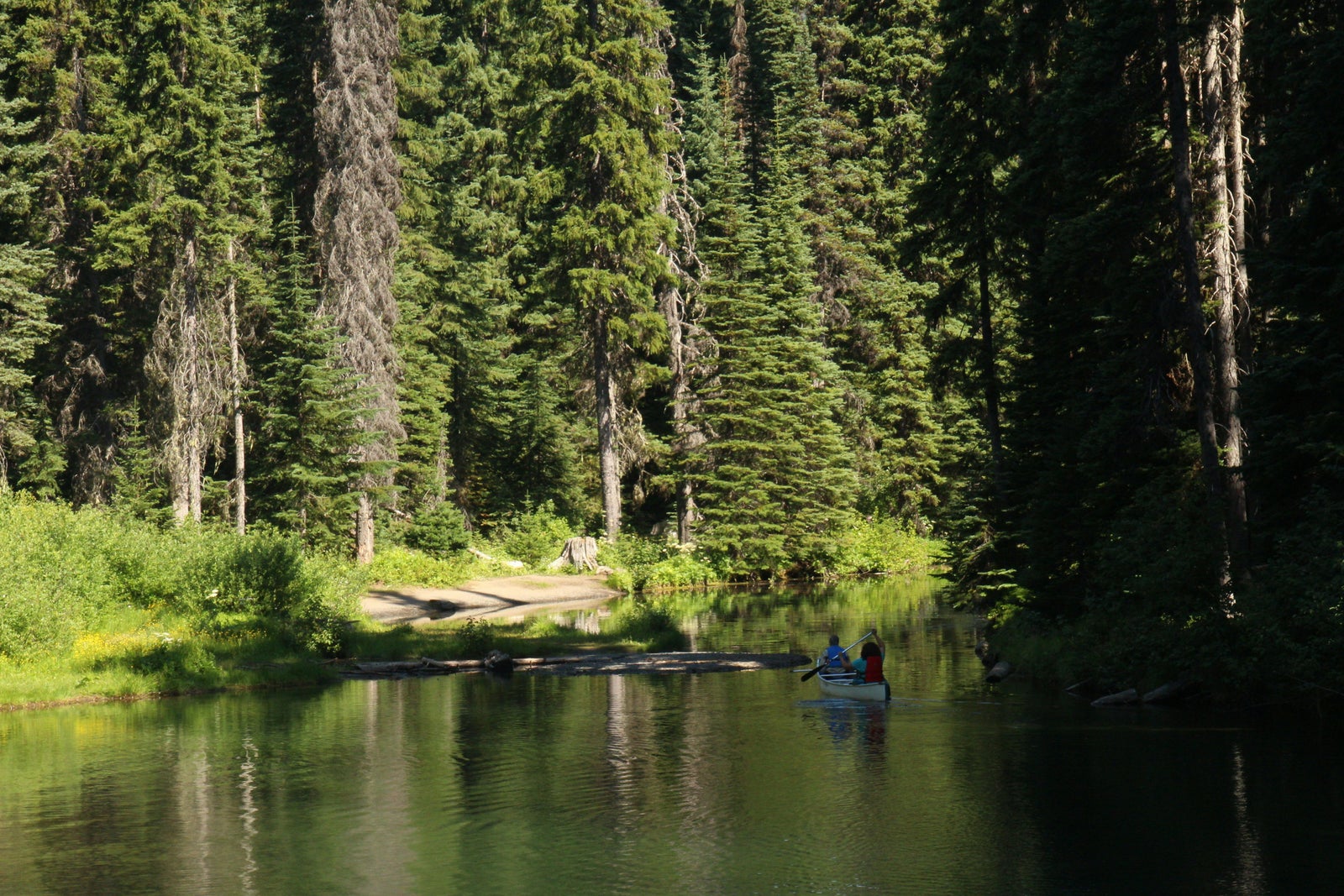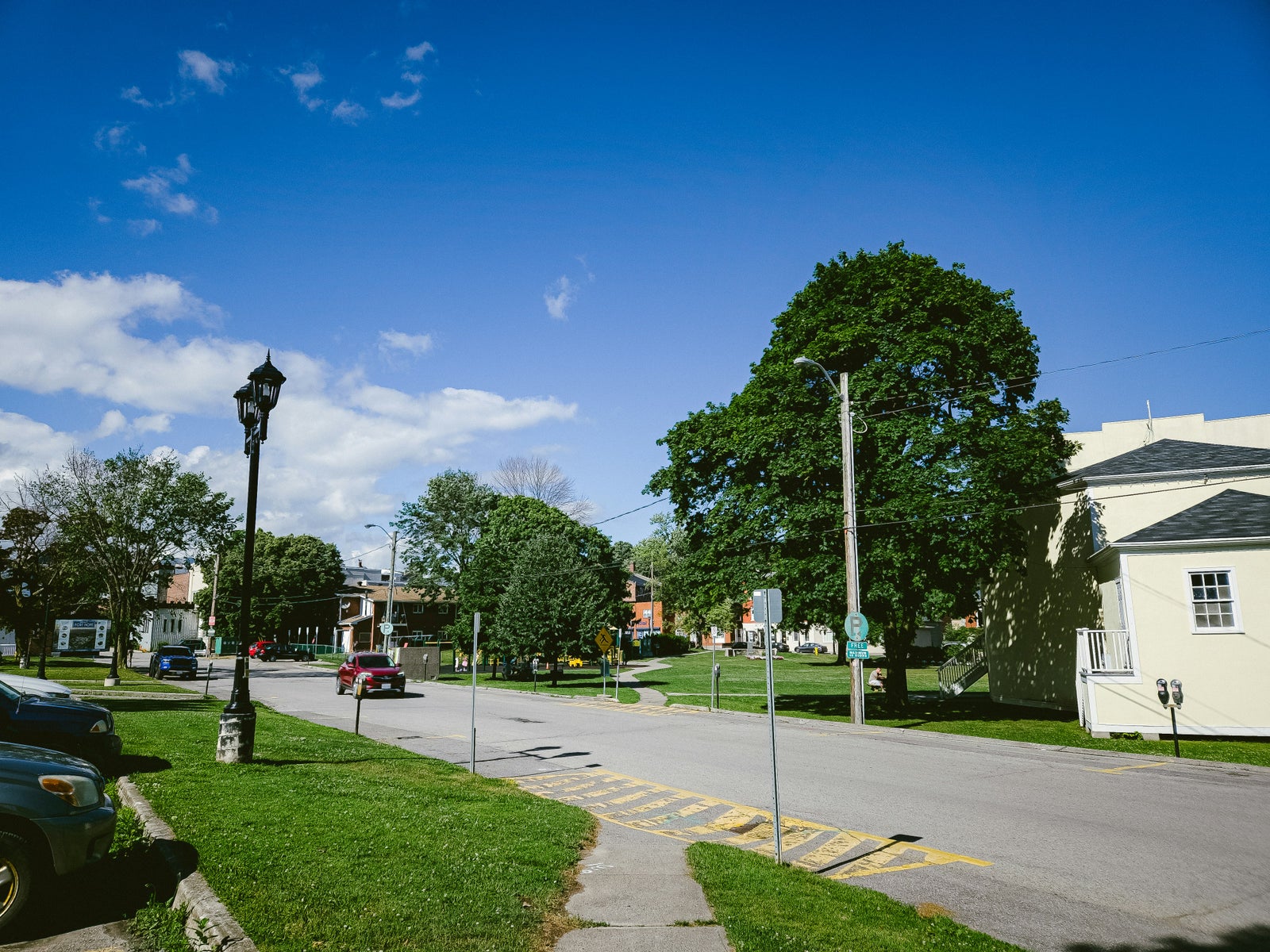
Living in a smaller town or rural area has been gaining popularity in recent years. Many people shifted to a work from home or hybrid-style work balance following the COVID-19 pandemic, allowing for more flexibility with regards to living choices. Others simply decided that they want to trade the hustle and bustle of pricey city life for something more peaceful and simple.
However, small town living isn’t for everyone–it has its pros and cons just like city living. Here are some things to consider before you make the move.
Is Small Town Living for You?
First of all, it’s important to remember that different small towns may share similarities, but they ultimately each have their own charms and features. Consider this when researching your move, as some small towns may be more well suited to you than others.
It’s also vital you consider your family’s needs. If you’re single, the decision to move to a small town will be less impactful than uprooting a whole family.
Pros of Small Town Living
More Affordable Homes
Unsurprisingly, populated cities tend to command higher real estate prices. More rural areas are more likely to give you more bang for your buck and can offer options you may not have in the city, such as a detached home with a yard.
More Housing Options
In a city, your only housing option may be a condominium or apartment, as detached homes or townhomes cost significantly more. In rural areas, you likely won’t struggle to find detached housing options with a lot more space, both inside and outside of the home.

More Natural Surroundings
Smaller towns are often more rural and therefore closer to nature. If you’re a fan of parks, forests, and outdoor activities, being in a smaller town may appeal to you. Noise pollution is also not as bad in smaller towns, meaning you get to enjoy more peace and quiet.
As mentioned, this also extends to your own home. It’s much easier to find a home with a large yard, trees, and even a pool in smaller towns.
Potential for a Strong Sense of Community
Fewer people means more chances to recognize and know the locals in your town. For some, this can be a great plus, as it can establish a stronger sense of community than when living in the city.

Slower Pace of Life
Many people have packed up their lives in busy cities in favour of the slower-paced lifestyle offered by smaller towns. There’s generally less of a sense of rush, and fewer people can make life seem generally quieter and more peaceful.
If you’re looking to take a step back and enjoy a slower-paced environment, then a small town may be exactly what you need.
If you’re looking to take a step back and enjoy a slower-paced environment, then a small town may be exactly what you need.
Cons of Small Town Living
Decreasing Affordable Options
While housing in most rural areas hasn’t reached the height of city housing prices, the truth is that housing is becoming more expensive across the country. According to a recent report from the Canadian Real Estate Association (CREA), the national average home price was $672,784 in July 2025, up 0.6% from July 2024. 1
While you are still likely to be able to get more for your money in a rural area, it may not be as big of a difference as you imagined.

Fewer Services
Specialized services will also be more numerous in large cities. These services can range from exotic vets to specialized doctors, or even things like grocers that offer international food selections. If you need specialized care of any sort, you may be facing limited options in smaller towns.
Fewer Entertainment Options
Cities are lively and always bustling with activity. If you’re used to heading out to shows, movies, galleries, and local events, you may be disappointed with your entertainment options in a smaller town.
Granted, not every small town lacks activities. Take a look at the yearly events offered in the towns you're interested in as well as year-round establishments that would satisfy your entertainment itch.
Fewer Cultural Experiences
Big cities are filled with different types of people. Smaller towns can often lack this diversity, which can be hard to get used to if you’re accustomed city culture. If you’re someone who loves trying different cuisines or partaking in different cultural experiences, you may find it harder to adjust to living in a small town.

Lots of Driving
It’s relatively easy to survive in the city without a car–public transport options running at all hours of the day make it possible to go just about anywhere. By contrast, a car is pretty much a must in rural areas. Not only is public transit just not as good as in the city, everything is spread farther apart.
If you currently live in a city without a car, you should factor in the price of buying and maintaining a car as well as the cost of gasoline.
Ultimately, the decision to move to a small town will depend on your lifestyle priorities. If you’re someone who’s been living in the city and is ready to shift to a slower-paced way of life, then you may find small town living is exactly what you’re looking for.
Don’t forget to consider what your life may look like in 5 or 10 years–can you see yourself enjoying a small town lifestyle in the future? Moving to a small town can be incredibly rewarding, but only if it aligns your lifestyle needs.
Source
